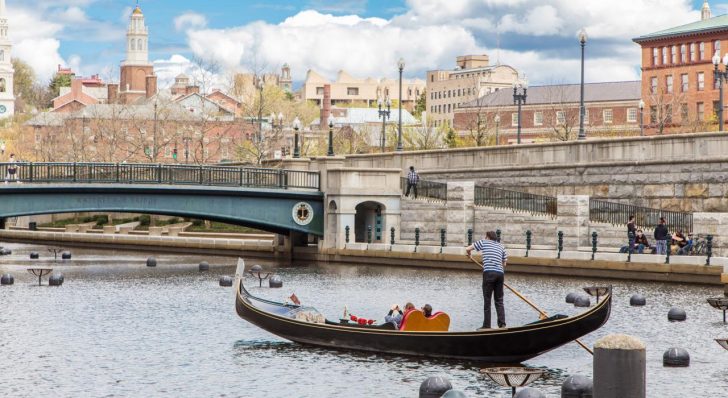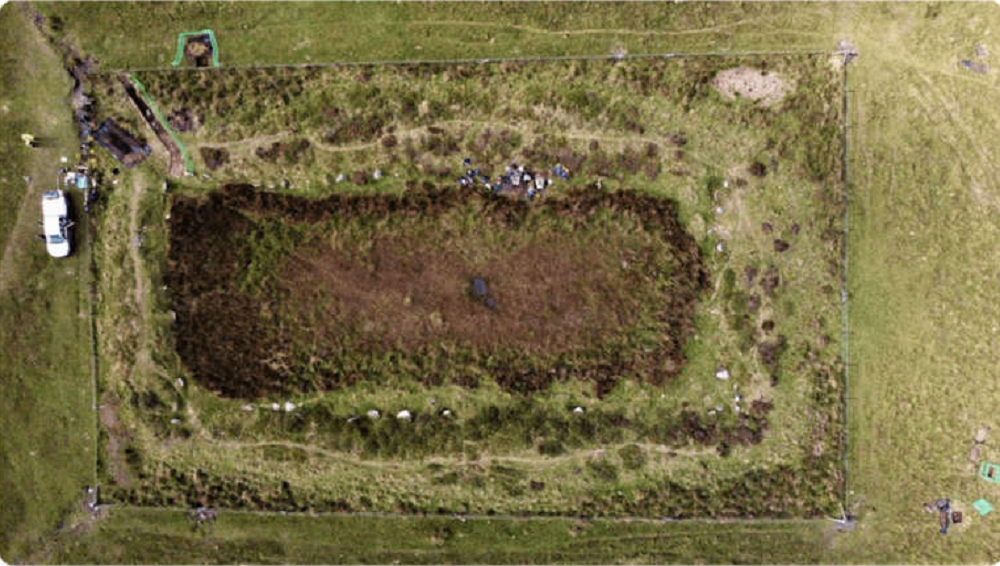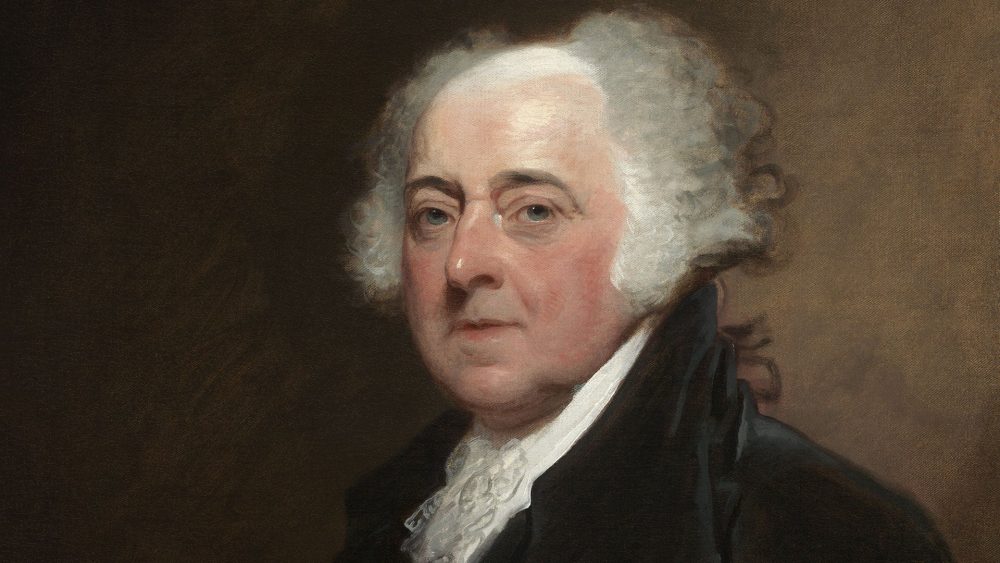Providence, the oldest town in Rhode Island, carries a rich history that dates back to its founding in 1636. This fascinating city, now a vibrant hub for food, arts, and culture, holds a unique place in the history of America’s early colonial period.
While modern Providence is known for its renowned educational institutions and dynamic downtown area, it also has deep roots that stretch back nearly four centuries.
The Founding of the Oldest Town in Rhode Island
In 1636, Roger Williams, a minister and religious dissenter, fled from the strict Puritan society of the Massachusetts Bay Colony. Williams was a strong advocate for religious freedom and the separation of church and state. These beliefs put him at odds with the governing authorities.
However, seeking refuge, he traveled south and settled on the shores of what is now the Seekonk River. Here, Williams established Providence, the oldest town in Rhode Island, naming it in gratitude for "God's merciful Providence" in guiding him to safety.

Tour Guide / Unlike other colonies, Providence was founded on the principles of tolerance and inclusivity, allowing settlers of various beliefs to live side by side.
Thus, this openness laid the foundation for the town’s growth and diversity, setting it apart from its contemporaries in New England. From its inception, Providence was a town of radical ideas. Thus, welcoming people from all walks of life, including Quakers, Baptists, and other religious minorities.
The Growth and Expansion of Providence in the Colonial Era
Throughout the 17th century, Providence expanded steadily. The town’s strategic location along Narragansett Bay allowed for the growth of trade and commerce. As the oldest town in Rhode Island, Providence played a central role in the state's early economy.
By the early 18th century, it was a bustling seaport, with ships transporting goods like rum, molasses, and fish between the American colonies and the Caribbean.
However, the resilient settlers quickly rebuilt Providence, and it continued to thrive. The town's recovery after the war solidified its place as a key player in Rhode Island’s development. As it grew, Providence became a vital center for maritime trade, contributing to its evolution into the economic hub it is today.
Providence Had A Role in the American Revolution
As tensions with England grew in the 1770s, Providence played an important role in the events leading up to the American Revolution. Many residents of the oldest town in Rhode Island were fervent supporters of independence. Thus, the town became a hotbed of revolutionary activity.
In 1772, a group of Providence citizens, angered by British taxation and control, attacked and burned the HMS Gaspee, a British customs schooner. This event, known as the Gaspee Affair, is by far one of the first acts of open rebellion against the British crown.

Elle / Did you know? During the Revolutionary War, Providence served as a supply base for the Continental Army and a gathering place for patriot forces.
By the end of the war, Providence had cemented its role not just as the oldest town in Rhode Island. But also as a city deeply involved in the fight for American independence.
However, by the early 19th century, Providence had evolved from a small colonial settlement into a thriving industrial city. The Industrial Revolution brought major changes to Rhode Island, with Providence at the forefront.
Textile mills, factories, and machine shops popped up throughout the city. Thus, attracting workers and boosting the local economy. So, as the oldest town in Rhode Island, Providence was a key player in the state's transformation into a manufacturing powerhouse.





